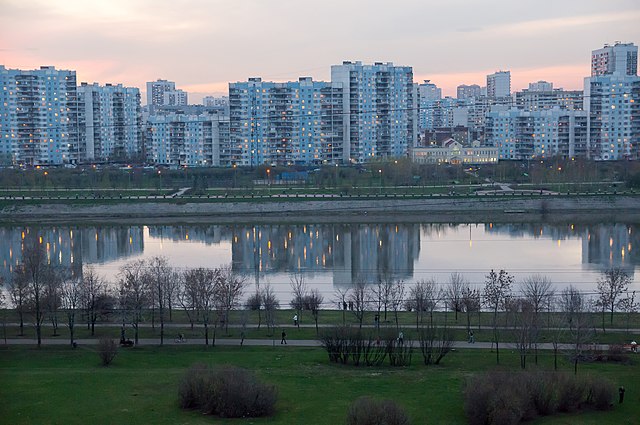Whom are we becoming? Russians grapple with questions of national identity.

Moscow
Ben Johnson -Over the last few weeks following Russian President Vladimir Putin’s announcement of a partial draft, several hundred thousand men have fled the country to evade conscription. Men who have chosen to stay despite the threat have primarily remained in their homes or sought to keep out of sight. This exodus has already had far-reaching consequences. The concept of national identity can help one better understand why this matters.
National identity refers to how people connect their everyday lives to their country. This powerful attachment is the main reason we willingly pay taxes, celebrate national holidays, and continue to support our military. This identity is fluid and continually subject to change. The choice to flee by these Russian men indicates dissatisfaction with their leader and government. It seems that these individuals' national identity is changing. For much of the war, Putin has been able to throttle information going into and leaving Russia, shielding citizens from Russian failures and Ukrainian successes. Indeed, Putin’s insistence on calling the invasion and war a “special military operation” exemplifies his efforts to create a particular image of Russia, one in which Russia seeks to help Ukrainians escape a corrupt government. This image is also cultivated to preserve and boost Russian national identity as rescuers rather than aggressors. However, this narrative is losing credibility as Russians become more and more aware of the realities of the war. Putin’s “partial mobilization” has only added to growing Russian dissent, exemplified by a number of public demonstrations and protests. Russia’s cemented status as a pariah state, numerous embarrassing examples of battlefield incompetency, and increasing reports of war crimes by Russian soldiers have many questioning their place in Russia.
Kazakhstan, Armenia, Georgia, Israel, and Western Europe, along with several others, have been the primary recipients of those leaving. With any mass departure, especially during a war, the concept of boundaries arises. Boundaries divide territorial entities. Such a large movement of people puts added strain on the countries receiving them, which may become the case now. Should the war continue its current course or escalate, many countries may become unwilling to accept or may discriminate against fleeing Russians.

